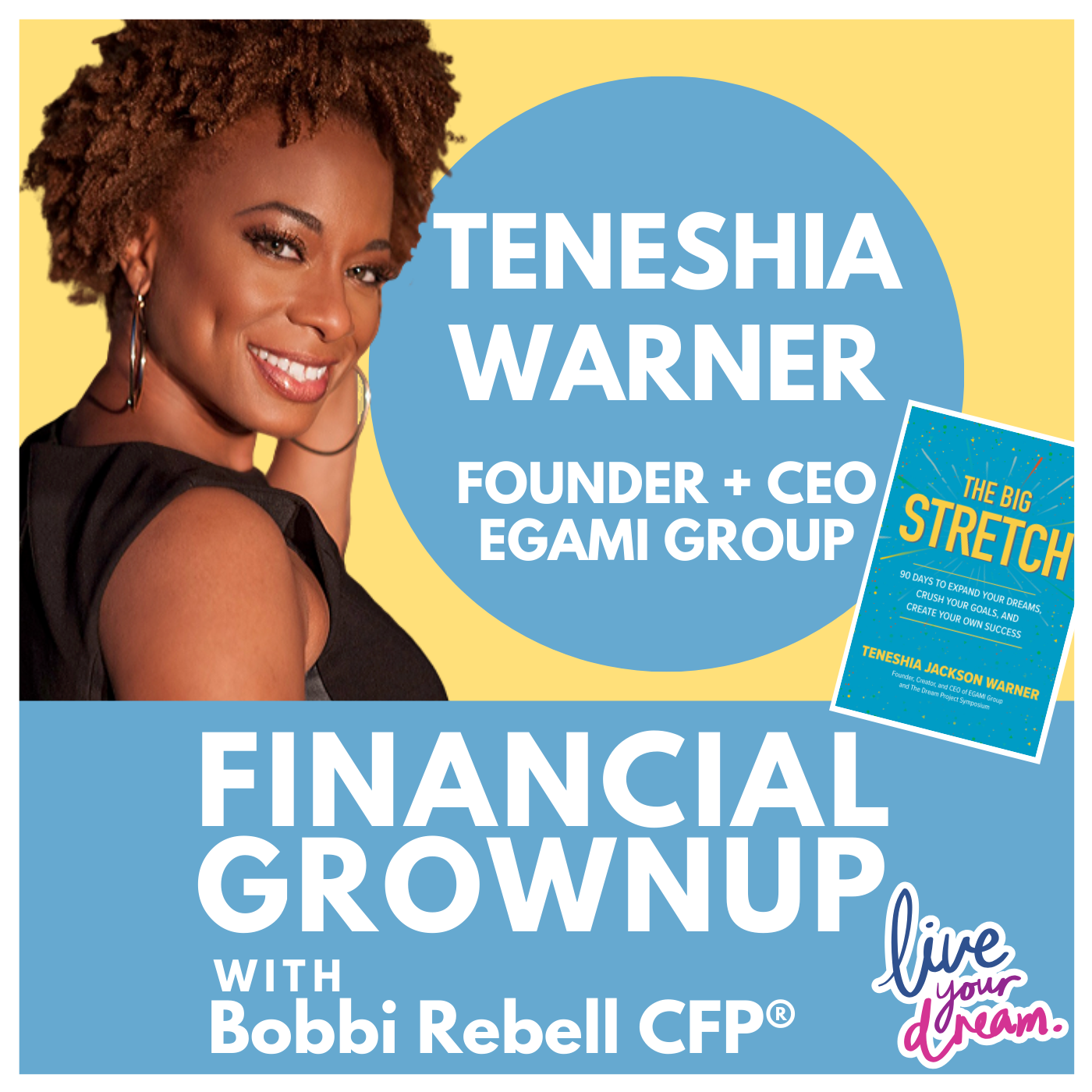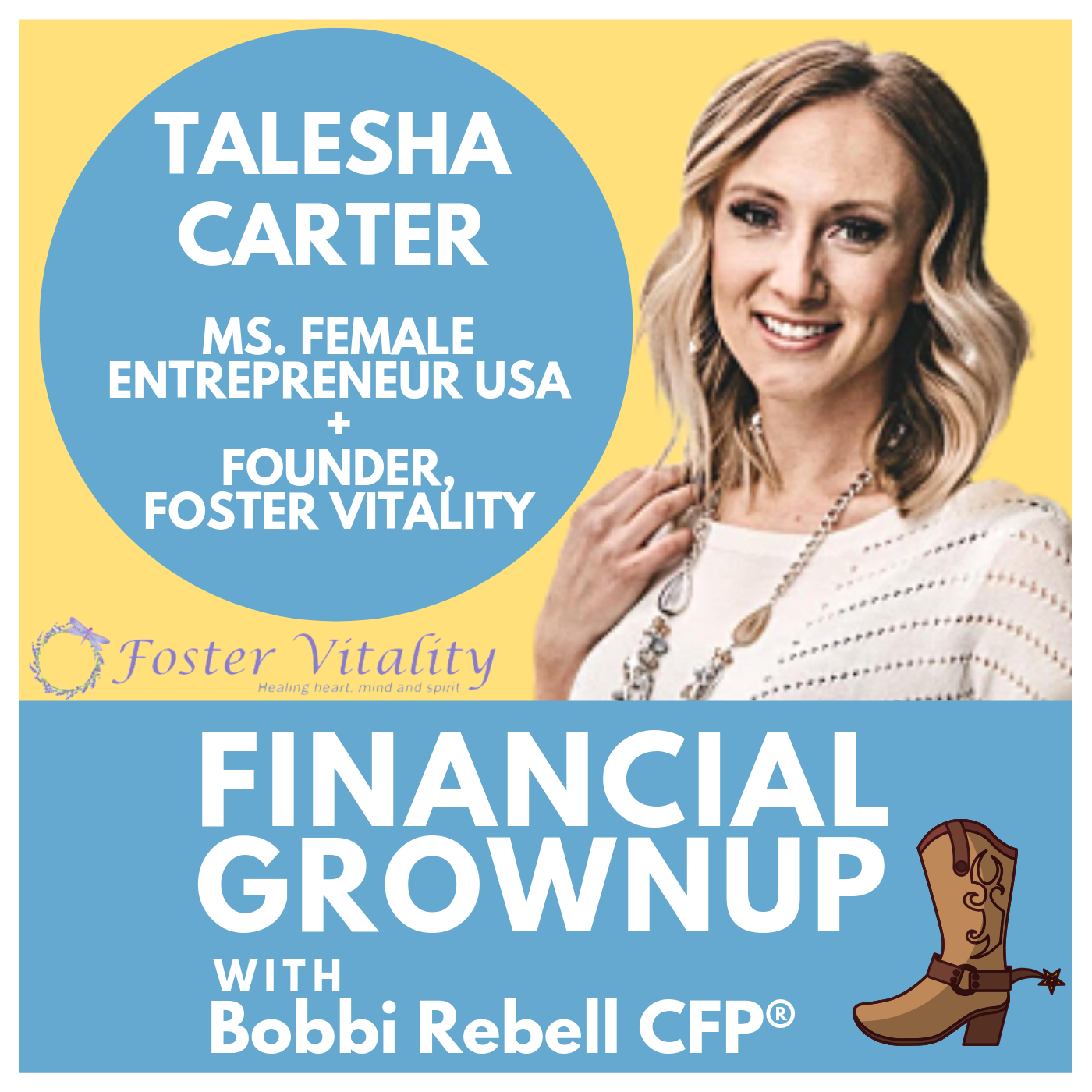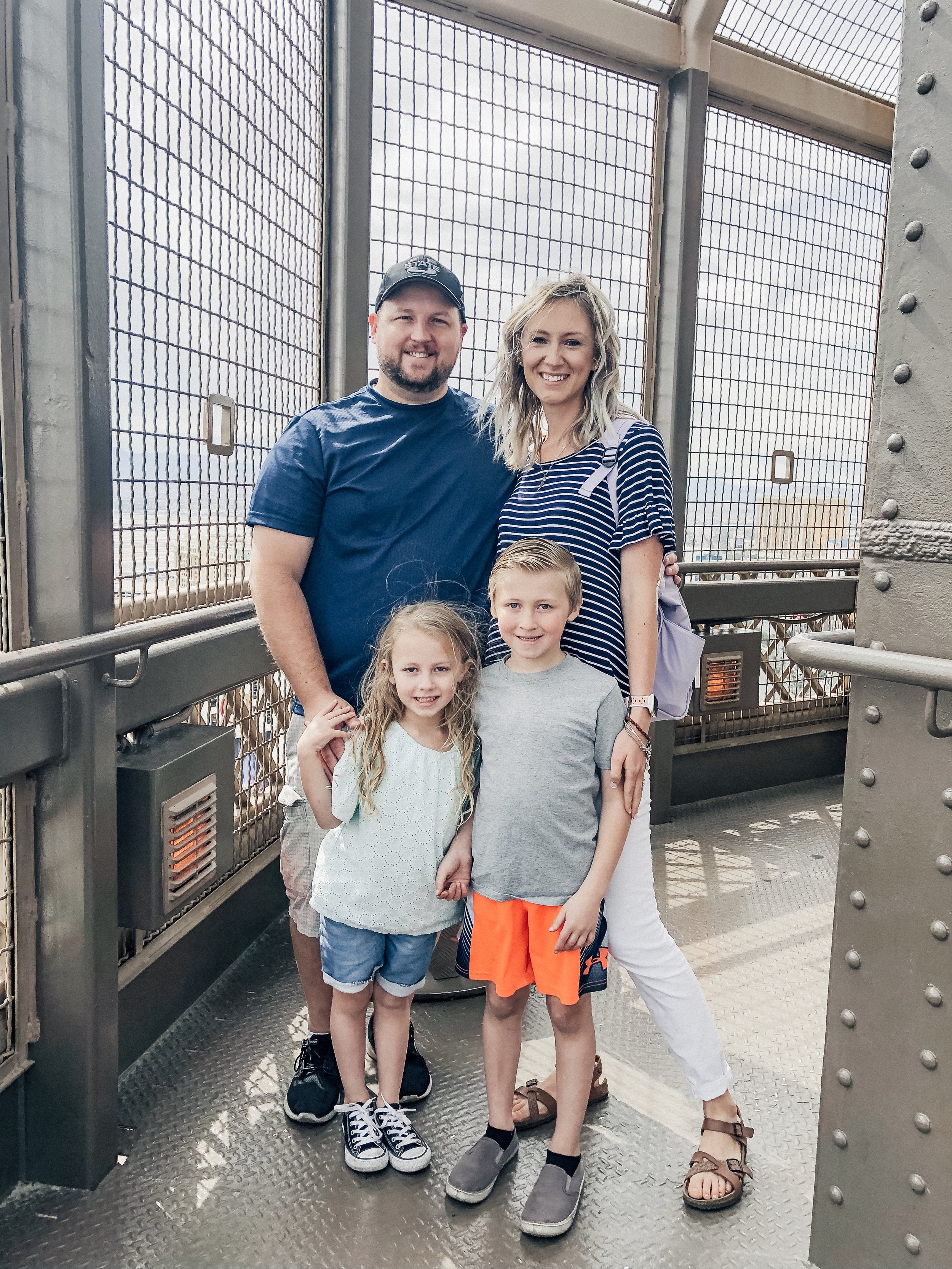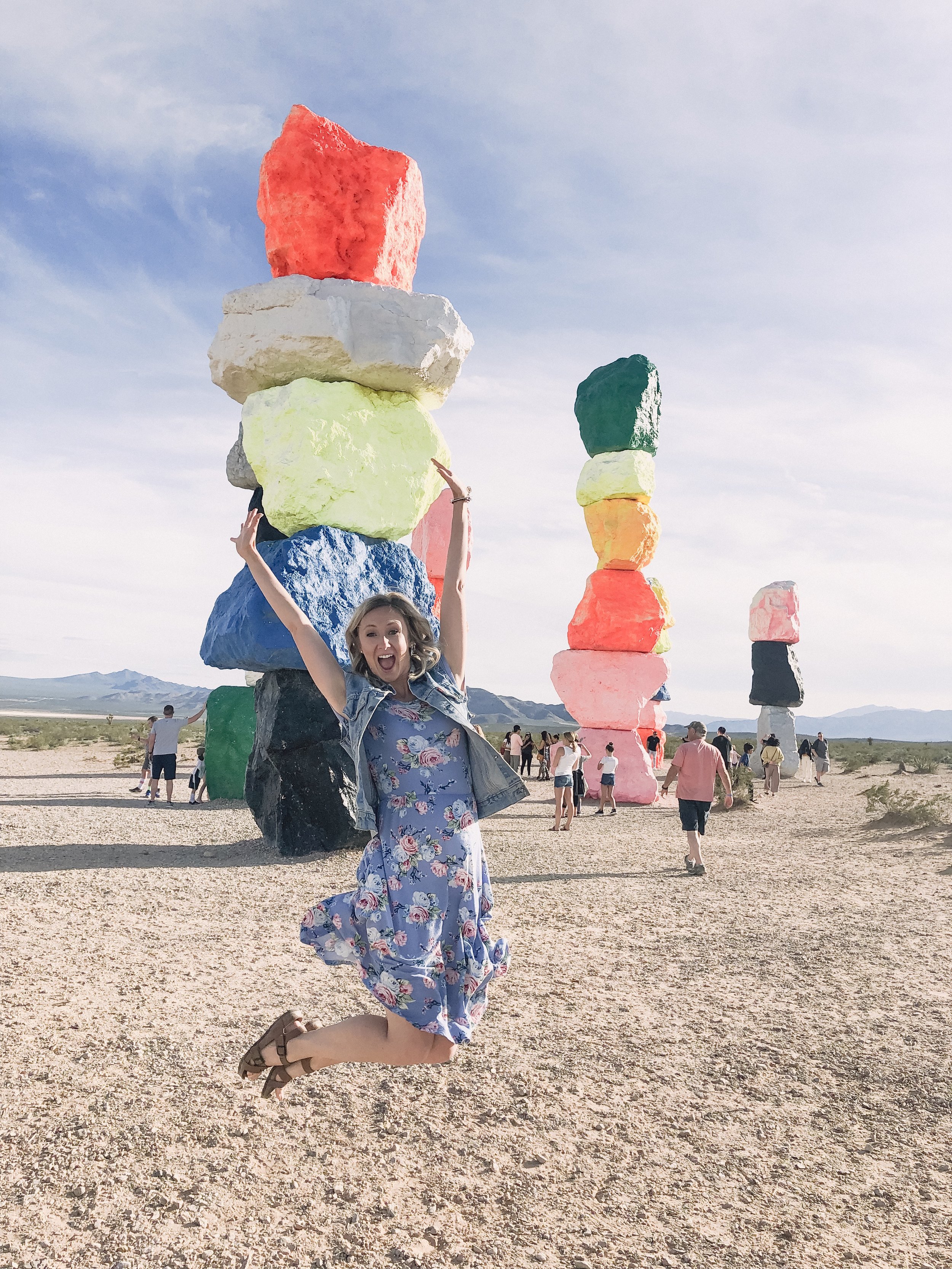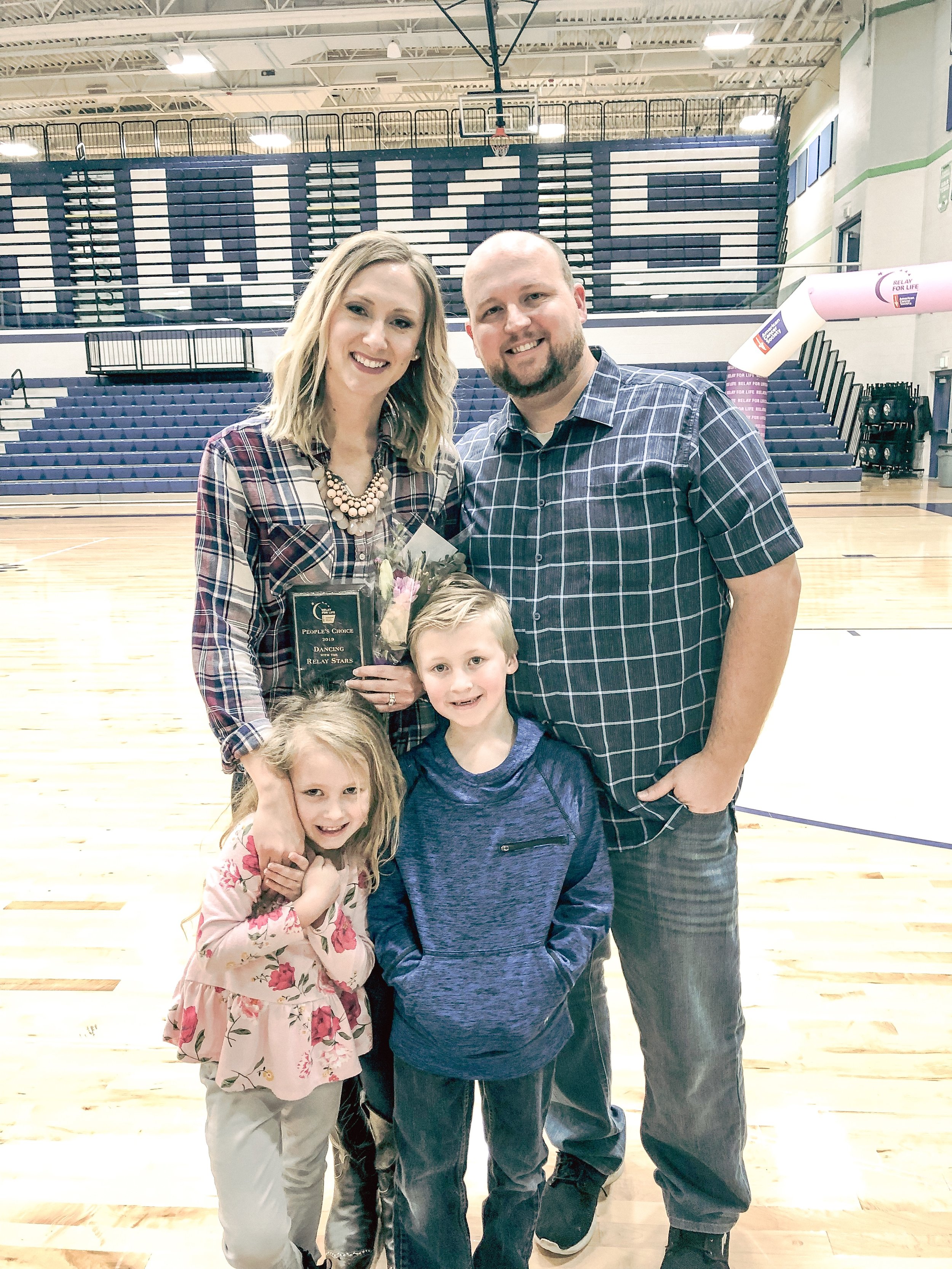Entrepreneur Kristy Gayton shares the money lessons she learned from her parents and how she found the middle ground in their very different mindsets. Plus how to get organized for 2021.
Kristy’s Money Story:
So, my money story is, you know, I was raised with not a lot of money. My parents were entrepreneurs. And when I say entrepreneurs, they weren't like what we think of entrepreneurs now. Like, “Oh, entrepreneur, it's so cool.” Like, one clean houses and one was a stone mason. My parents always worked and provided with whatever I needed, but I always felt super different. I would be dropped off to school in a ton truck. And I would literally scrape the rubble off my pants being like, “Is someone going to smell this concrete of my dad dropping me off?” And, “Dad, can you drop me off back there?”.
My parents' dynamic with money was very different. Even to this day, my dad, if you talk to him, you would think he has nothing. He drives cars until they are driven into the ground. He like, “Are you going to eat all that food?” When you go to dinner. Or makes different comments. And then my mom is this giver. My mom didn't have much growing up either, so I think my mom overcompensated, always wanted to make sure we felt like we had or have those right jeans, or we did fit in. So, it was two conflicting messages. And when I say my parents didn't teach me about money, they didn't. They never sat me down and said, “This is how you do it. This is what you do. This is how you get a credit card. This is how you budget. This is how... ” But they did teach me about money. They taught me a lot of lessons and I actually started “working” working. I've always been a hustler or a grinder.
I've started helping my mom at age six. Like, emptying trash cans and putting vacuum lines, like those perfect little vacuum lines in people's office complexes. And so that kind of carried with me to different areas of my life. And I've always kind of been an old soul and really falling into numbers. So yeah, it's just a huge passion of mine. And I'm thankful for all the lessons. And I always joke and I joke with my little brothers. So, there's four of us. I have an older brother and myself, and then we have two younger brothers. And I always joke, we were raised very differently and we were.
My dad, like I said, he was a stone mason and a point in his career, he made a switch and he literally laid the stone. Like, his laborious work. At a point in his career, he was like, “I'm going to have a stone yard and I'm going to start having laborers and different people that do this and crews.” He made a switch from being an owner to an operator. I'm sorry, from operator to an owner. I'm sorry. Instead of working just in his business, letting that business work for him. He still grinds and he still works so much. And I see them and I'm thankful for their lessons, and I also still see a big aspect that I'm like, “I don't want to be that. I need to switch.” I've been making switches in my own business as well of making that switch, because I want the freedom that something doesn't rule me or own me, that I'm doing what I love passionately, but it's not controlling me, if that makes sense.
Kristy’s Money Lesson:
A takeaway is you need to be authentic and honest with yourself. What are your priorities and what do you want? What decisions are you making based on other people? Whether it be close family members, whether it be social media, whether it be the neighborhood, the environment, whatever circumstances. Are there decisions that you're financially making that are for other people and how they make you feel significant? Or is it authentically something you're getting that makes you happy and experience or whatever? So, I think that's a huge lesson.
Kristy’s Money Tip:
So, I'm big on visuals. Part of our Start planner, it starts with goals and a vision board, 90-day strategies. I'm big on us visually seeing that. I think that that helps us. It helps us remember things. So, one thing that I do with my money is I actually visualize my money. So, I create different buckets. So, I have a main checking account and then I create savings accounts. And each of those savings account are for different things. So, if I'm wanting to renovate my kitchen. I have one for vacations. I have a savings account for just legit rainy day savings account. I have one for my taxes. They're not escrowed into my main house. So, I have one for my taxes.
Basically, what I do is I set up auto draws to those things. So, they're set up as bills. And when I log into my account or when I see these different things, they're visualized for what they are. So, if it's for a vacation, I can visually see that money going out and getting that attainment. So, I think that those life lessons that I learned at a young age of getting that car, buying that house, and setting those visual things, I think it helps people. Like, as we're feeling like we're not making progress, even if it's just creating a savings account, I'm going to pay off this debt, if it's a credit card that you have. And you pick that highest credit card that you have, and let's pay it off. Even if it's visually seeing that money and just paying it down, I think that there's so much to be said for visualizing and creating buckets with our money so that we feel the progress and we see the progress. Because I think that ultimately as humans, I know for me, and I think this is really relative for everybody, we thrive when we see progress. So, creating these visualizations helps us to see that progress.
Bobbi’s Financial Grownup Tips:
Financial Grownup Tip #1:
Kristy talks about how you can't just hustle and you can't just grind, make sure you take a break during these holidays.
Financial Grownup Tip #2:
Becoming a financial grownup doesn't just happen. It's a journey, and you can tell that from the way that Kristy shares her own evolution as she grew up and experience life. We're all going to have seasons of our life when we feel like we are making progress, and then times when we feel like we are, well, taking a step back.
Episode Links:
Kristy’s website - https://startwithkristy.com
Start Planner website - https://startplanner.com
Follow Kristy!
Instagram - @startplanner
Facebook - @startplanner
Pinterest - @startplanner
Some of the links in this post are affiliate links. This means if you click on the link and purchase the item, I will receive an affiliate commission at no extra cost to you. All opinions remain my own.





